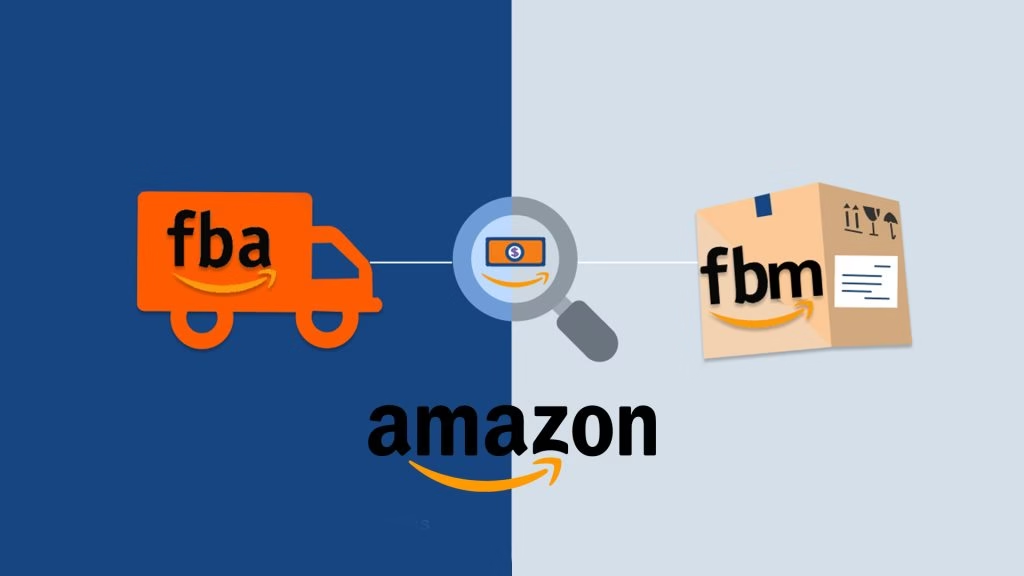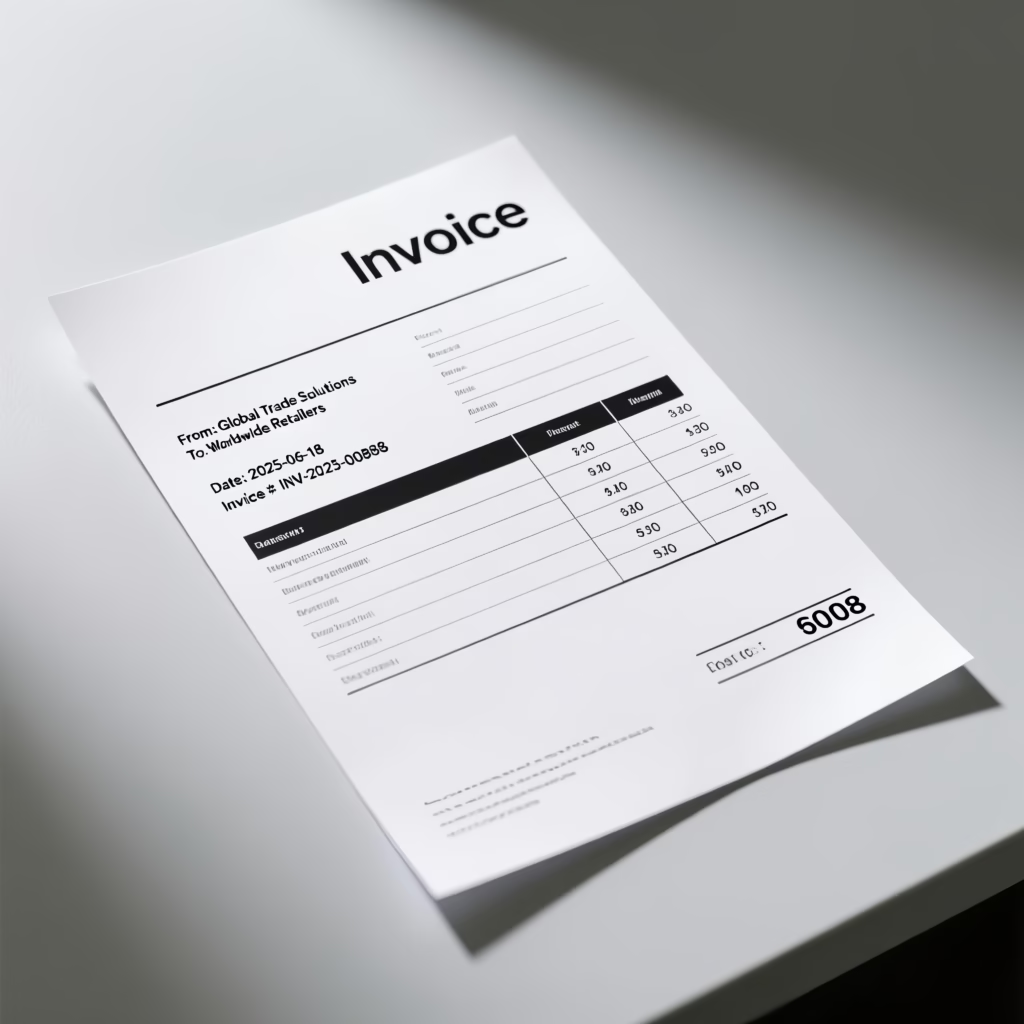Importing Goods from China, Explore the advantages and disadvantages of importing goods from China. Understand the benefits and challenges to make informed business decisions.
Importing goods from China has become a significant trend in the global market, with numerous countries seeking to leverage the vast manufacturing capabilities and competitive pricing offered by China. This phenomenon is not without its merits and demerits, which will be extensively discussed in this article.
Advantages of Importing Goods from China
- Cost-Effectiveness and Competitive Pricing
One of the most significant advantages of importing goods from China is the cost-effectiveness and competitive pricing. China has a vast manufacturing base, which allows for economies of scale, making production costs relatively lower. This translates to lower prices for imported goods, providing an opportunity for businesses to increase their profit margins. For instance, electronics, fashion apparel, and toys are among the products that can be imported at competitive prices from China, allowing businesses to offer these products at lower prices in their local markets, thereby attracting more customers.
- Wide Range of Products
China is a manufacturing hub, producing a wide range of products from electronics to fashion apparel, home decor, automotive parts, and machinery. This diversity in production provides businesses with a vast array of products to choose from, enabling them to meet the diverse needs and preferences of their customers. For example, businesses can import unique and trendy home decor items from China to cater to the growing demand for stylish and affordable home furnishings.
- High-Quality Products
Chinese manufacturers have made significant strides in improving the quality of their products in recent years. Many Chinese companies have invested in advanced manufacturing technologies and quality control measures to ensure that their products meet international standards. This means that businesses can import high-quality products from China, which can help them build a reputation for offering quality goods to their customers.
- Efficient Production and Quick Delivery
China’s manufacturing industry is known for its efficiency, with many factories operating on a large scale and utilizing advanced production technologies. This efficiency translates to quick production and delivery times, which can be beneficial for businesses that require timely delivery of goods. For instance, businesses that import fashion apparel from China can benefit from the quick production and delivery times, allowing them to keep up with the fast-paced fashion trends and seasons.
- Opportunities for Customization
Chinese manufacturers are often willing to customize products to meet the specific needs and preferences of their clients. This can be beneficial for businesses that require unique or specialized products. For example, businesses that import sporting goods from China can request customizations such as specific colors, logos, or designs, allowing them to offer unique products to their customers.
- Favorable Trade Policies
China has implemented favorable trade policies that encourage international trade and investment. These policies include tax incentives, reduced tariffs, and simplified customs procedures, which can make importing goods from China more cost-effective and efficient. For instance, businesses can benefit from reduced tariffs when importing machinery or industrial equipment from China, making it more affordable to acquire these products.

Disadvantages of Importing Goods from China
- Quality Control Issues
While many Chinese manufacturers have improved the quality of their products, there are still instances where quality control issues arise. Some manufacturers may cut corners to reduce costs, resulting in products that do not meet international standards. This can be problematic for businesses that import goods from China, as they may receive products that are defective or do not meet their customers’ expectations.
- Intellectual Property Infringement
Intellectual property infringement is a significant concern when importing goods from China. Some Chinese manufacturers may copy or mimic the designs or trademarks of other companies, resulting in products that infringe on intellectual property rights. This can be damaging for businesses that import goods from China, as they may face legal issues or reputational damage if they are found to be selling infringing products.
- Long-Distance Shipping Costs and Delays
Importing goods from China can be costly and time-consuming, especially for businesses located in distant countries. Shipping costs can be high, and there may be delays due to customs procedures or other logistical issues. This can be problematic for businesses that require timely delivery of goods or have tight budgets.
- Cultural and Language Differences
Cultural and language differences can be a challenge when importing goods from China. Communication can be difficult, and there may be misunderstandings or misinterpretations due to language barriers. Additionally, cultural differences may affect business practices and negotiations, making it difficult to establish successful business relationships with Chinese suppliers.

- Dependence on a Single Source
Importing goods from China can create a dependence on a single source for products. This can be problematic if there are disruptions in the supply chain, such as factory closures or shipping delays. Businesses may be left without a reliable source of products, which can affect their operations and profitability.
- Environmental and Ethical Concerns
Importing goods from China may also raise environmental and ethical concerns. China’s rapid industrialization and manufacturing growth have led to environmental degradation, pollution, and labor rights issues in some factories. Businesses that import goods from China may face criticism or backlash from customers who are concerned about the environmental impact of production or the working conditions of factory employees.
- Political Instability and Trade Risks
Political instability and trade risks are also potential disadvantages of importing goods from China. Changes in government policies or trade agreements can affect import regulations, tariffs, and customs procedures, making it difficult for businesses to import goods efficiently and cost-effectively. Additionally, geopolitical tensions between China and other countries can lead to trade disputes or sanctions, which can further disrupt the supply chain and affect businesses that rely on imports from China.
- Quality Inspection and Testing Requirements
Importing goods from China may require additional quality inspection and testing to ensure that the products meet regulatory standards and customer expectations. This can be costly and time-consuming, especially for businesses that import goods in large quantities or require frequent shipments. Additionally, some Chinese suppliers may not have the necessary certifications or testing facilities to meet international quality standards, which can further increase the risks and costs of importing goods from China.
In conclusion, importing goods from China has both advantages and disadvantages that businesses need to consider carefully. The cost-effectiveness, wide range of products, high-quality standards, efficient production, customization opportunities, and favorable trade policies are among the significant advantages of importing goods from China.
However, businesses also need to be aware of the potential quality control issues, intellectual property infringement, long-distance shipping costs and delays, cultural and language differences, dependence on a single source, environmental and ethical concerns, political instability and trade risks, and quality inspection and testing requirements when importing goods from China. By carefully evaluating these factors and developing effective strategies to mitigate the risks and challenges, businesses can successfully import goods from China and leverage the vast manufacturing capabilities and competitive pricing offered by this market.
Amazon Launches “Haul” to Sell Low-Priced Items to Compete with Temu, Shein
Below is a deeper look at what Haul is, how it works, why Amazon is…
Amazon Logistics Models: A Comprehensive Guide to FBA, FBM, and Third-Party Fulfillment
In the dynamic landscape of e-commerce, logistics plays a pivotal role in determining the success…
A Comprehensive Guide to Commercial Invoices (CI) in Cross-Border Logistics
Discover the essential elements of commercial invoices in cross-border logistics. Our comprehensive guide simplifies the…



